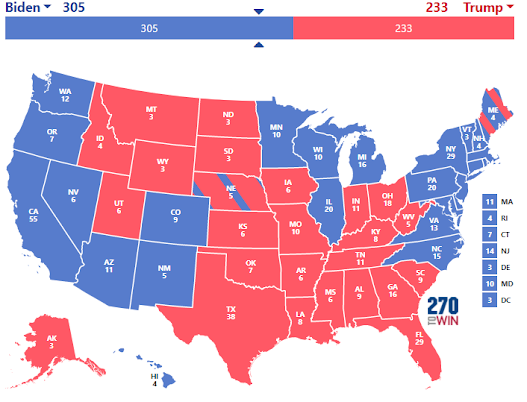The US Southeast continues to face significant challenges in the wake of Hurricanes Helene and Milton, which struck in rapid succession in late September and early October. Hurricane Helene resulted in over 200 fatalities, marking it as the deadliest mainland US hurricane since Katrina. Hurricane Milton, while having a lower death toll at 35, virtually ties Helene for total damages, making the combined damages from both hurricanes estimated at just under $175 billion.
In response, the federal government has approved nearly $2 billion in aid for six affected states, and FEMA has deployed over 1,400 personnel to assist with recovery efforts. State governments have also mobilized National Guard units and established emergency hotlines to support residents.
As communities begin the arduous process of rebuilding, many residents remain without power or running water. Despite these hardships, there are stories of resilience and solidarity. In devastated western North Carolina, volunteers are using mules to deliver supplies to remote areas as restoration contractors work tirelessly to repair homes and businesses.


